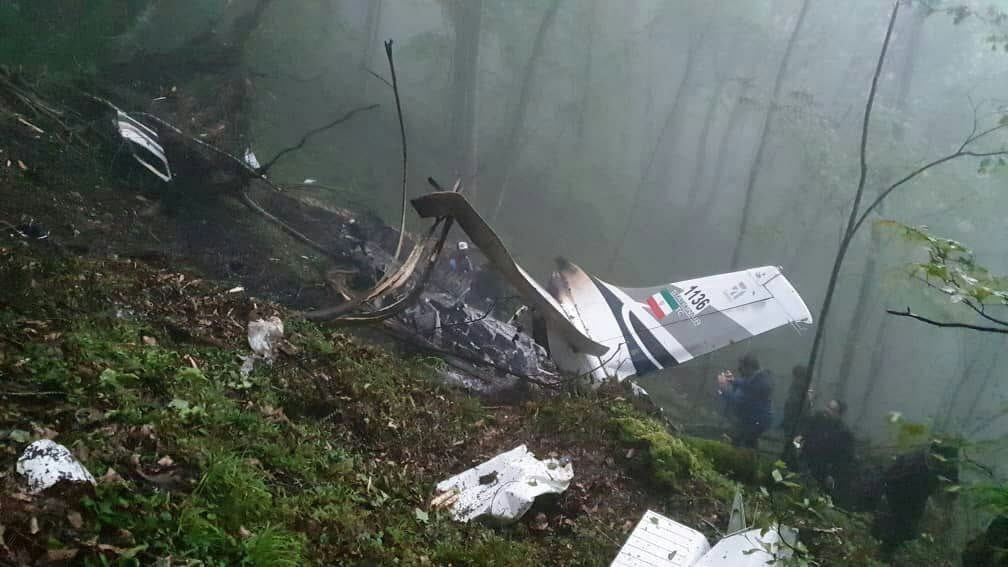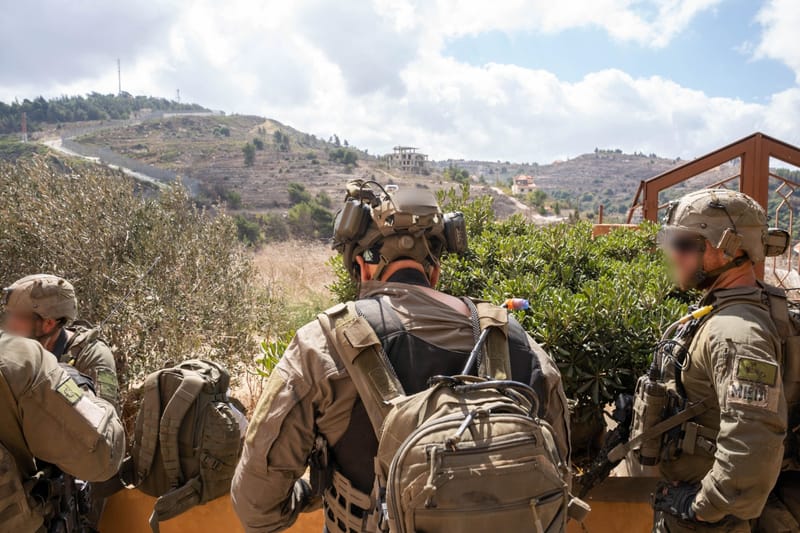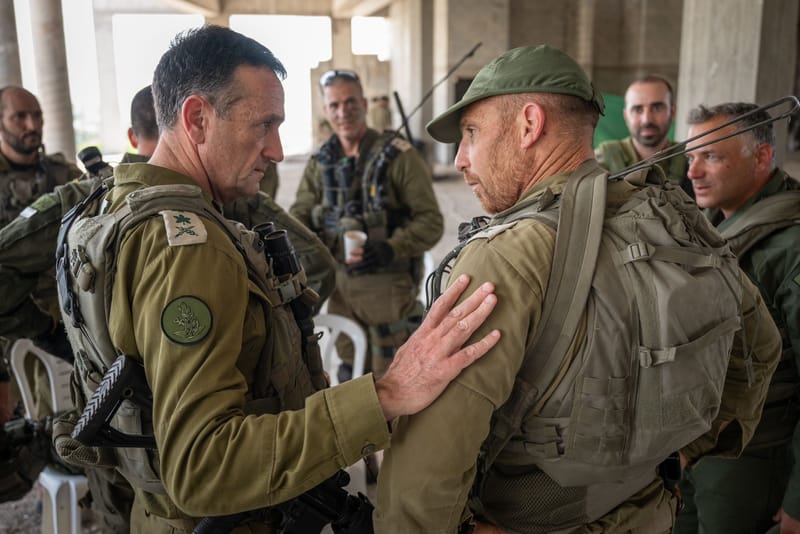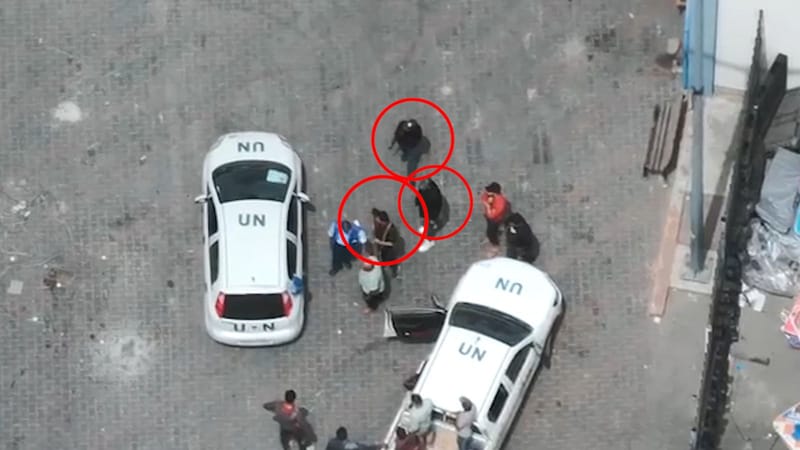Iranian President Ebrahim Raisi Dies in Helicopter Crash
The crash also claimed the lives of other officials, including Foreign Minister Hossein Amir-Abdollahian.
Iran’s President Ebrahim Raisi tragically died in a helicopter crash near the town of Varzaqan in the East Azerbaijan province. The crash also claimed the lives of other officials, including Foreign Minister Hossein Amir-Abdollahian. The site of the wreckage was challenging to locate due to adverse weather conditions, but it was eventually found after a thorough search by rescue teams.
Ebrahim Raisi, born on December 14, 1960, in Mashhad, Iran, was raised in a clerical family. His father passed away when Raisi was just five years old. He pursued his education in Islamic seminaries, studying at the Ayatollah Boroujerdi School in Qom. Raisi’s educational background and clerical lineage positioned him well for a career in Iran’s judicial and political spheres.

Raisi’s career in the judiciary began in the 1980s, where he held various significant positions. He served as the Deputy Prosecutor and Prosecutor of Tehran during the 1980s and 1990s, a period marked by political turmoil and mass executions of political prisoners, for which Raisi was often criticized internationally. He continued to rise through the ranks, becoming the Deputy Chief Justice of Iran from 2004 to 2014, and later the Attorney General from 2014 to 2016. In 2019, he was appointed as the Chief Justice of Iran, a position he held until his presidential election in 2021.
Raisi ran for the presidency in 2017 but lost to the incumbent, Hassan Rouhani. He ran again in 2021 and won the presidency with 62.9% of the vote, amid allegations of election rigging and low voter turnout. His presidency was marked by a hardline stance on many issues, including strict adherence to conservative values, support for Iran’s nuclear program, and strong opposition to Western influences and sanctions.
Throughout his career, Raisi was a controversial figure, often referred to as the “Butcher of Tehran” due to his role in the 1988 executions of political prisoners. He faced international sanctions, including from the United States, for his involvement in human rights abuses and his hardline policies. Despite these controversies, he remained a prominent figure in Iran’s political landscape, often seen as a potential successor to Supreme Leader Ali Khamenei.

Hossein Amir-Abdollahian was born on November 15, 1964, in Damghan, Iran. He graduated with a degree in International Relations from the School of International Relations of the Iranian Ministry of Foreign Affairs and later received his PhD in International Relations from Tehran University.
Amir-Abdollahian began his diplomatic career in the 1990s, holding various positions in the Ministry of Foreign Affairs. He served as the Director General for Persian Gulf Affairs and as Deputy Foreign Minister for Arab and African Affairs. Known for his expertise in Middle Eastern affairs, he played a key role in shaping Iran’s foreign policy in the region, particularly regarding relations with Arab countries and the Islamic world.
In August 2021, he was appointed as Iran’s Foreign Minister under President Ebrahim Raisi’s administration. During his tenure, Amir-Abdollahian was involved in crucial diplomatic negotiations, including efforts to revive the Joint Comprehensive Plan of Action (JCPOA), commonly known as the Iran nuclear deal. He also played a significant role in strengthening Iran’s alliances with regional partners and managing complex international relations amid heightened tensions.
The deaths of President Raisi and Foreign Minister Amir-Abdollahian in the helicopter crash have left a significant void in Iran’s leadership. As key figures in Iran’s conservative establishment, their passing is likely to have far-reaching implications for the country’s political future. The Iranian government has declared a period of mourning, and tributes have poured in from various political and religious leaders within the country.
Raisi’s presidency witnessed significant events, including heightened tensions with the United States over the nuclear deal, widespread protests following the death of Mahsa Amini, and Iran’s involvement in regional conflicts. Amir-Abdollahian’s tenure as Foreign Minister was marked by active diplomacy and efforts to navigate Iran through complex geopolitical landscapes. Their deaths mark the end of contentious yet impactful political careers that have shaped Iran’s recent history







